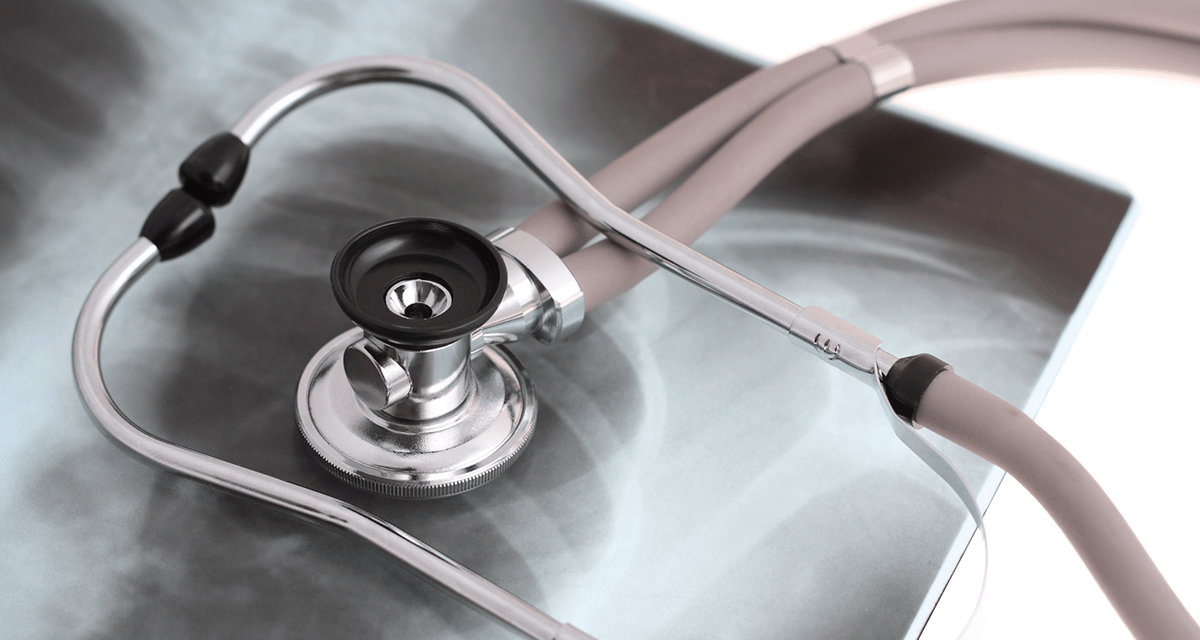Despite being the third leading cause of death in the United States, COPD is the focus of far fewer studies than other leading killers in the country. There is much research focusing on mental health conditions associated with stroke, heart disease, and cancer, but few analyses have assessed the link between COPD and mental health. For a study published in COPD, Esme Fuller-Thomson, PhD, and colleagues investigated the independent relationship between COPD and generalized anxiety disorder (GAD) in the past year among adults as well as significant correlates of GAD among patients with COPD.
Making the Link
For the study, the authors conducted a secondary analysis of data from the nationally representative 2012 Canadian Community Health Survey-Mental Health, a cross-sectional survey conducted by Statistics Canada—the Canadian equivalent of the U.S. Census Bureau—that collects data on mental health status as well as access to and perceived need for formal and informal services. “We analyzed information on more than 11,000 people aged 50 and older, assessing this population because of the long latency period for COPD and subsequent older age of onset of the disease,” explains Dr. Fuller-Thomson. Among these individuals, about 750 reported a diagnosis of COPD. We compared the percentage of those with COPD who have GAD with the percentage of those without COPD who have GAD.”
Although the vast majority of patients in the study did not report current GAD—regardless of whether or not they had COPD—the investigators found that GAD was three times more common among older adults with COPD than those without it. “About one in 17 older adults with COPD, or 5.8%, reported having GAD, compared with a rate of just 1.7% that was seen among those without COPD,” adds Dr. Fuller-Thomson.
Predictors of GAD
According to Dr. Fuller-Thomson, the lack of a confidant was a significant predictor of GAD in patients with COPD. “Those without even one person to confide in were six times more likely to have an anxiety disorder,” she says. “Depending on the severity of COPD, patients may be more likely to be isolated because of their disease due to the resulting difficulties with mobility.” Similarly, patients with COPD who were single, divorced, or widowed were nearly twice as likely to have anxiety as those who were married.
Adults with COPD who had depression at any point in their lives also had a higher risk of currently having anxiety disorders. “We also found that COPD patients who reported that they had been exposed to parental domestic violence when they were younger than 16 were at higher risk of current anxiety as older adults,” says Dr. Full-Thomson. “It’s possible that stress in the home environment may make patients more vulnerable to anxiety later in life. COPD, of course, is a big stressor.”
Adjusting for Shared Risk Factors
While performing their analysis, Dr. Fuller-Thomson and colleagues accounted for a number of factors that are associated with both COPD and anxiety (Table below). “We wanted to determine if the association between COPD and anxiety was actually driven by something else,” Dr. Fuller-Thomson notes. “COPD itself seems to be highly associated with anxiety, and the association is not explained by the fact that patients with COPD are less likely to have social support or more likely to be poor.”

Smoking was also accounted for in the models used by the researchers because it is a marker for anxiety and a major cause of COPD. “If we didn’t take smoking into account and only accounted for age, gender, and race, patients with COPD were nearly four times more likely to have current GAD than those without COPD. But when smoking, drinking, activity levels, and obesity were taken into account, those with COPD were still more than three times as likely to have GAD.”
By conducting this analysis, Dr. Fuller-Thomson says the study group showed that the association between COPD and GAD is not explained by smokers being more anxious than non-smokers. “The strength of the association between COPD and GAD decreased dramatically when we accounted for patients’ physical symptoms—including poor sleep and functional limitations—so anxiety appears much more common in those with more severe COPD,” she says. “Patients with chronic insomnia, chronic pain, and limitations in performing daily activities are more likely to have anxiety, whereas those with mild COPD may not be more likely to be vulnerable to anxiety disorders than their peers without COPD.”
Incorporating the Findings
Evidence indicates that COPD is a disruptive disease that is difficult to manage. “It’s logical that being unable to breathe or struggling with breathing would be anxiety producing,” says Dr. Fuller-Thomson. “We suggest that clinicians consider screening for anxiety and other mental health issues when managing patients with COPD, particularly those who are isolated or have more physical limitations, pain, and sleep disturbances. Patients can complete a standardized mental health screening tool while in the waiting room. If patients are suspected of having anxiety, they can then be referred to social workers or psychologists to obtain help with the mental health consequences of this debilitating disease.”
Esme Fuller-Thomson, PhD, has indicated to Physician’s Weekly that she has no financial interests to disclose.



 PhysWeekly
PhysWeekly